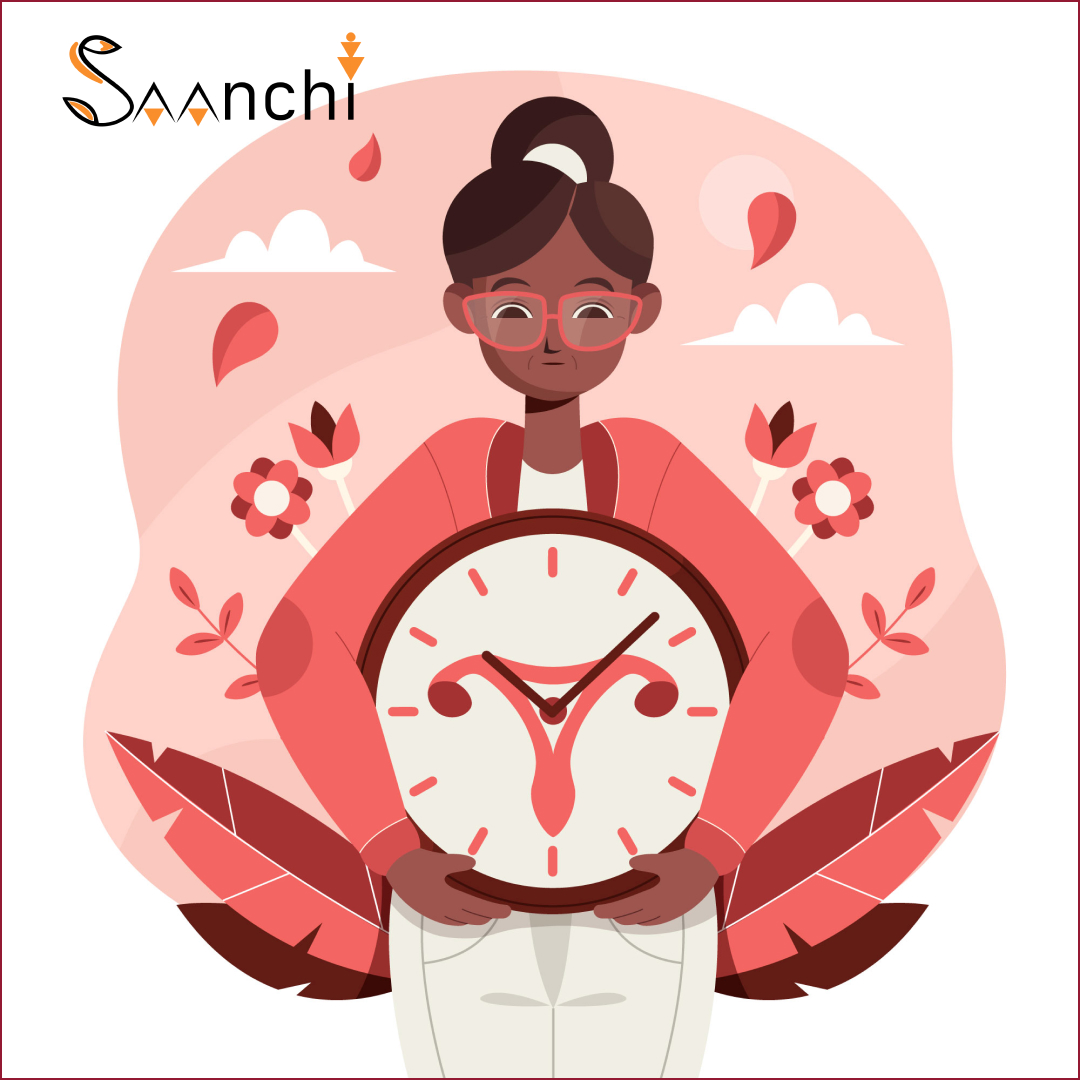Introduction
Menstruation, a natural biological process, has been perceived and treated in various ways across different cultures throughout history. Cultural attitudes towards menstruation around the world shape how women experience this monthly cycle, affecting their social interactions, health, and education. This article explores the diverse perspectives on menstruation across different cultures, highlighting both the progress and challenges in destigmatizing this essential aspect of women’s health.
Cultural Attitudes Towards Menstruation: A Global Perspective
Western Societies
In many Western societies, menstruation is often treated as a private matter. While significant strides have been made towards normalizing conversations about menstrual health, some stigma and discomfort still exist. Education and advocacy have played crucial roles in promoting menstrual health awareness, leading to improved menstrual hygiene products and workplace policies that support women.
South Asia
In South Asia, cultural attitudes towards menstruation are deeply rooted in tradition and religion. In countries like India and Nepal, menstruating women are often subjected to various taboos and restrictions. For example, they may be prohibited from entering temples, kitchens, or participating in religious ceremonies. However, there has been a growing movement to challenge these practices, with organizations and activists working to promote menstrual hygiene education and end period shaming.
East Asia
In East Asian cultures, such as Japan and China, menstruation is often viewed with a mix of modern and traditional perspectives. While modern attitudes are more accepting, traditional views can still influence practices and beliefs. In Japan, for instance, women may take time off work for menstruation-related discomfort, a practice known as “seirikyuuka” or menstrual leave. Despite this, discussions about menstruation can still be considered taboo in many social contexts.
Africa
Cultural attitudes towards menstruation in Africa vary widely across different regions and communities. In some areas, menstruation is surrounded by myths and misconceptions, leading to the isolation of menstruating women and girls. In countries like Kenya and Uganda, lack of access to menstrual hygiene products and facilities exacerbates the challenges faced by menstruating girls, often leading to school absenteeism. Efforts by local and international organizations focus on providing menstrual health education and improving access to sanitary products.
Middle East
In the Middle East, menstruation is often associated with religious and cultural taboos. In many Muslim-majority countries, menstruating women are excused from certain religious duties, such as fasting during Ramadan or performing prayers. While these practices are intended to offer relief, they can also reinforce the idea of menstruation as a state of impurity. Efforts to promote menstrual health awareness and break down taboos are emerging, albeit gradually, across the region.
Indigenous Cultures
Indigenous cultures around the world have diverse and unique perspectives on menstruation. Some Native American tribes, for instance, celebrate menarche (a girl’s first period) as a rite of passage, honoring the transition into womanhood. In contrast, other indigenous communities may have restrictive practices that limit the activities of menstruating women. These cultural attitudes are often tied to deeply held spiritual and communal beliefs.
Changing Attitudes and Modern Movements
Across the globe, there is a growing movement to change cultural attitudes towards menstruation. Activists, organizations, and governments are working to promote menstrual health education, improve access to sanitary products, and challenge period stigma. Initiatives such as Menstrual Hygiene Day, celebrated annually on May 28th, aim to raise awareness and advocate for menstrual health rights.
The Role of Education
Education plays a crucial role in changing cultural attitudes towards menstruation. Comprehensive menstrual health education can dispel myths, reduce stigma, and empower women and girls to manage their menstrual health with dignity. Schools, community programs, and media campaigns are essential platforms for disseminating accurate information and fostering open conversations about menstruation.
Conclusion
Cultural attitudes towards menstruation around the world are diverse and complex, influenced by historical, religious, and social factors. While progress is being made in many regions to destigmatize menstruation and promote menstrual health, significant challenges remain. Understanding these cultural perspectives is crucial for developing effective strategies to support menstrual health and gender equality globally.
Saanchi’s Commitment to Menstrual Health
Saanchi, a project under the Draupadi Devi Welfare Organisation (DDWO), is dedicated to empowering women and promoting menstrual health awareness. Through educational programs, health awareness campaigns, and support services, Saanchi helps women understand and manage their menstrual health. Join us in our mission to enhance women’s health and well-being through education and support.


